Customer Services
Copyright © 2025 Desertcart Holdings Limited
Desert Online General Trading LLC
Warehouse # 7, 4th Street, Umm Ramool, Dubai, 30183, Dubai
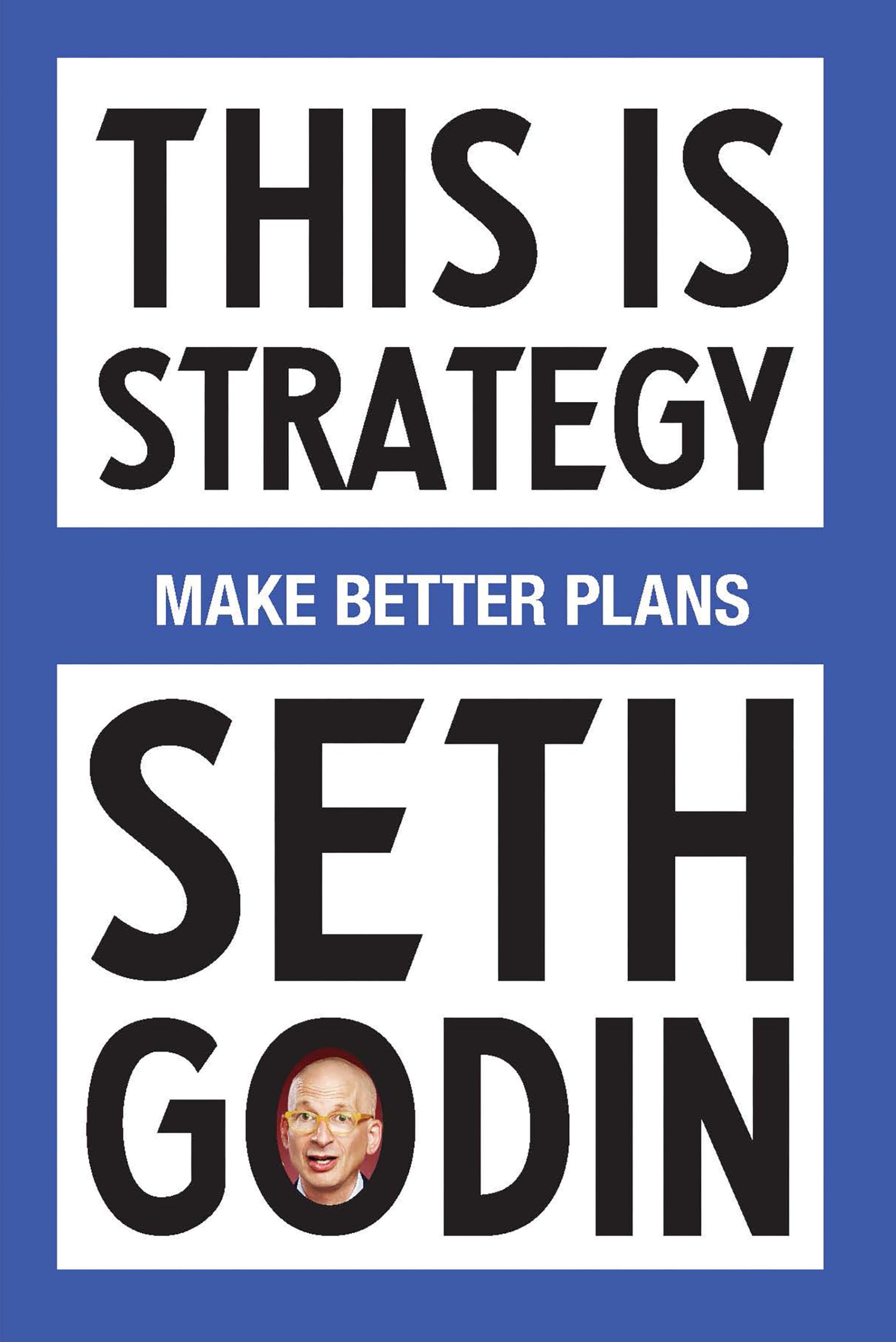

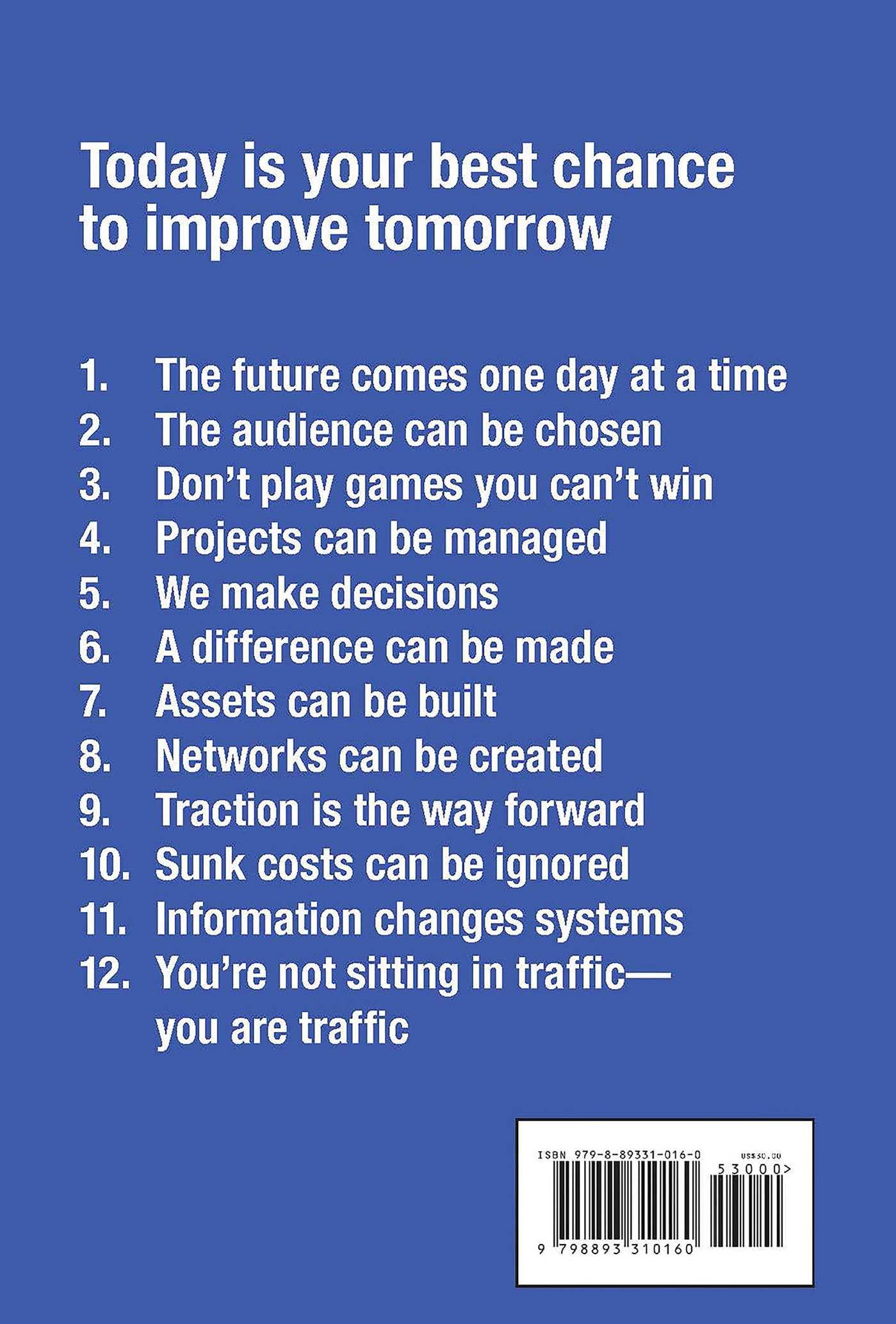
This Is Strategy: Make Better Plans (Create a Strategy to Elevate Your Career, Community & Life)


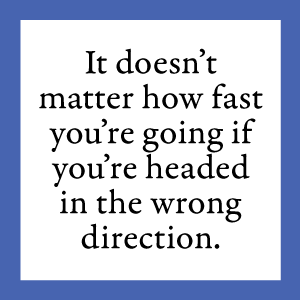
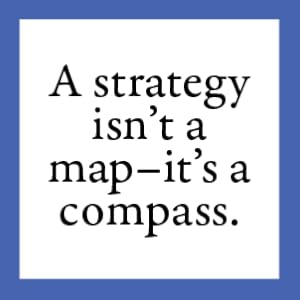
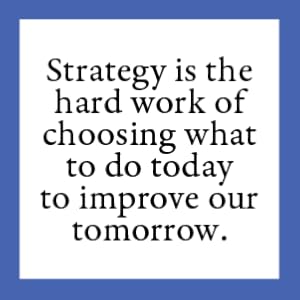
Trustpilot
1 month ago
5 days ago
2 months ago
2 weeks ago